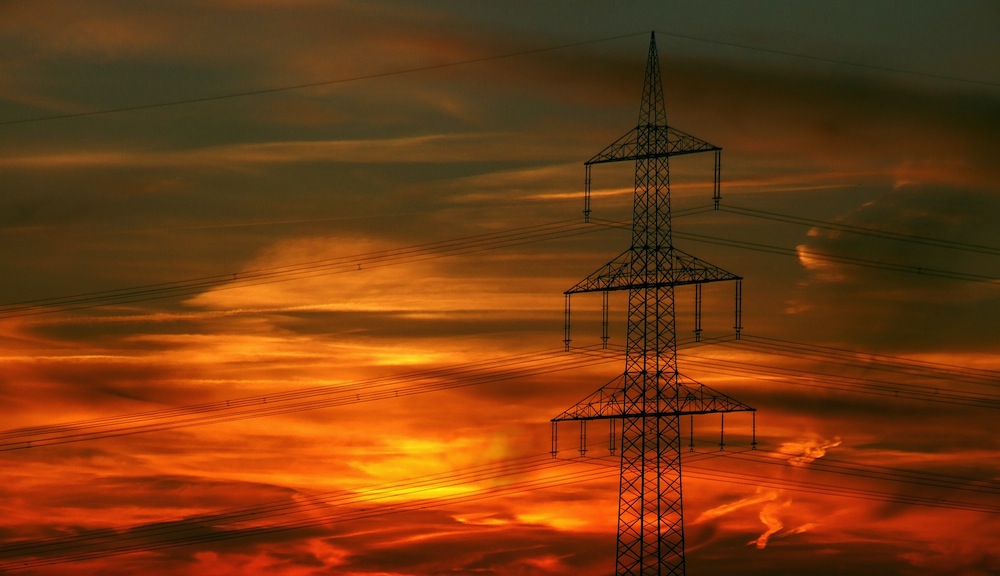Recent research papers from economists that have questioned costs and benefits of energy efficiency programs and policies have been flawed, says Steve Nadel, executive director of the American Council for an Energy-Efficient Economy.
Instead of “continuing a tit-for-tat debate,” Nadel says economists and energy efficiency practitioners could find ways to better work together to devise higher quality studies. “First, we admit that not all energy efficiency programs are stellar,” Nadel says. “It’s critical to have good evaluation to help tell what is working well and what needs improving.”
“There is a tendency, in both the economics and energy efficiency communities, to work from established paradigms and work with colleagues who share similar views,” he continues. “When the two communities meet, they often talk past each other. There is a need for both sides to better understand where the other side is coming from, and to explore opportunities to find a middle ground.”
Nadel cited recent studies that looked at only costs but not benefits, included extra costs unrelated to energy efficiency (e.g. home repair costs), left out important costs such as changes in maintenance costs, or are based on a simple cost-benefit framework without considering other goals that the programs might have. “Likewise, each program is different and one problematic program should not cast doubt on all of the others,” Nadel says.
Related Stories
| Aug 11, 2010
10 tips for mitigating influenza in buildings
Adopting simple, common-sense measures and proper maintenance protocols can help mitigate the spread of influenza in buildings. In addition, there are system upgrades that can be performed to further mitigate risks. Trane Commercial Systems offers 10 tips to consider during the cold and flu season.
| Aug 11, 2010
NAVFAC releases guidelines for sustainable reconstruction of Navy facilities
The guidelines provide specific guidance for installation commanders, assessment teams, estimators, programmers and building designers for identifying the sustainable opportunities, synergies, strategies, features and benefits for improving installations following a disaster instead of simply repairing or replacing them as they were prior to the disaster.
| Aug 11, 2010
Free waterproofing and roofing resource handbook available from American Hydrotech
American Hydrotech is now offering a waterproofing and roofing resource handbook for all architects and design community professionals. Topics include sustainable design, waterproof product specification, and proper installation techniques for use by building professionals in designing and waterproofing roof decks, plazas, vertical foundations, reflecting pools, and green roof applications.







